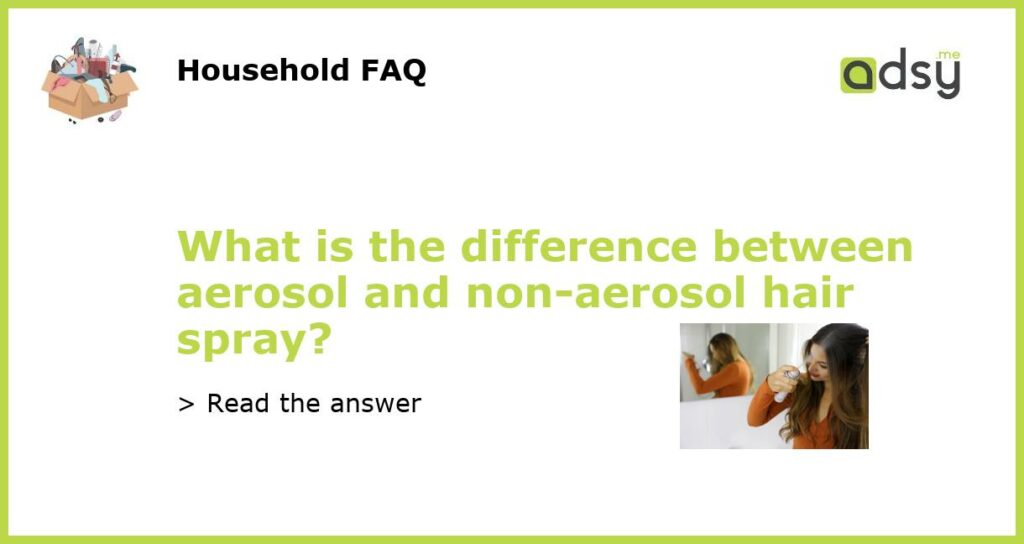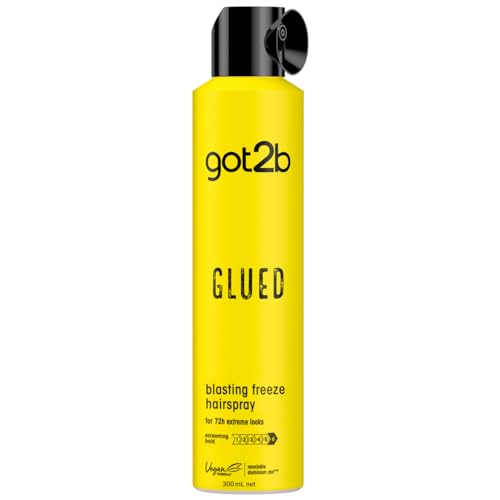Aerosol versus Non-Aerosol Hair Spray: Differences Explained
Whether you are looking for extra hold or trying to tame the frizz, hair spray is an essential part of every haircare routine. However, when it comes to choosing the right hair spray, you must first decide whether you want an aerosol or non-aerosol spray. Here are some key differences between the two:
Chemical Composition: Aerosol vs. Non-Aerosol
The main difference between aerosol and non-aerosol hair spray is their chemical composition. Aerosol sprays contain propellants, such as butane or propane, that mix with the product to create a fine mist. On the other hand, non-aerosol sprays use a pump mechanism to spray the product onto the hair without any propellants.
Because aerosol sprays contain propellants, they tend to be more drying and could cause scalp irritation for some people. Non-aerosol sprays, on the other hand, are typically more moisturizing and are a better option for those with sensitive scalp.
Application: Which is Easier?
Another difference between aerosol and non-aerosol hair spray is their application process. Aerosol sprays are typically easier to apply evenly across hair, thanks to the fine mist they create. However, it is important to hold the can at a distance from your head to avoid creating a concentrated area of spray that can cause hair clumping.
Non-aerosol sprays are a bit trickier to apply as they require you to pump the product onto your hair manually. This could make it harder to get an even distribution of the product.
Environmental Impact: Which is More Eco-Friendly?
One of the biggest differences between aerosol and non-aerosol hair sprays is their environmental impact. Aerosol sprays contain propellants that could contribute to air pollution. Additionally, the cans used to store aerosol sprays are not always recyclable, making them less eco-friendly.
Non-aerosol sprays, on the other hand, are more environmentally friendly. They do not contain propellants and are often packed in recyclable bottles.
Long-Term Effects: Which is Better for Your Hair?
Finally, the long-term effects of using aerosol versus non-aerosol hair spray should be taken into consideration. Aerosol sprays can be more damaging to hair as they contain drying ingredients. This can lead to breakage and damage if used excessively.
Non-aerosol sprays, on the other hand, are less drying and often contain more nourishing ingredients. This could make them a better choice for those who are concerned about the long-term health of their hair.
The Verdict: Which Hair Spray to Choose?
Ultimately, whether you choose aerosol or non-aerosol hair spray comes down to personal preference and your haircare needs. If you have a sensitive scalp, are concerned about the environment, or prefer a less drying product, non-aerosol hair spray may be the better option. However, if you are looking for easy application and a more intense hold, aerosol hair spray could be the way to go.






